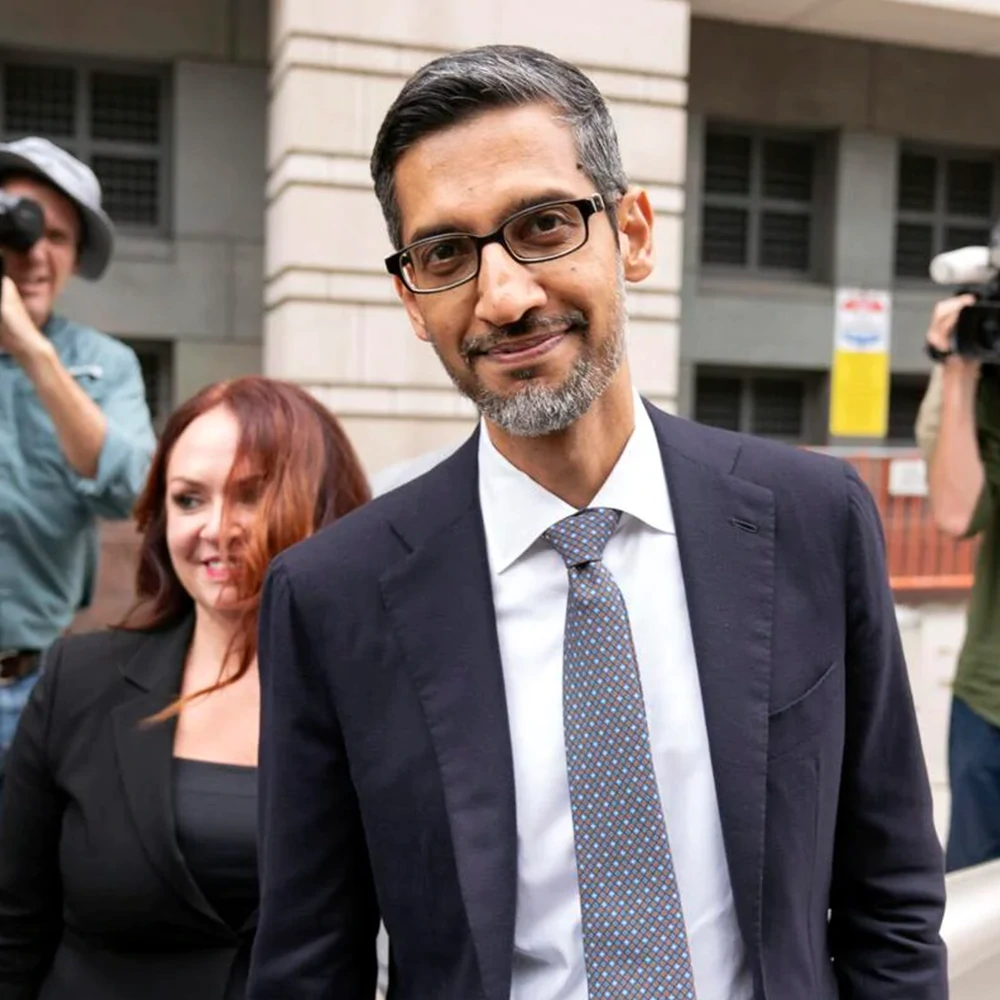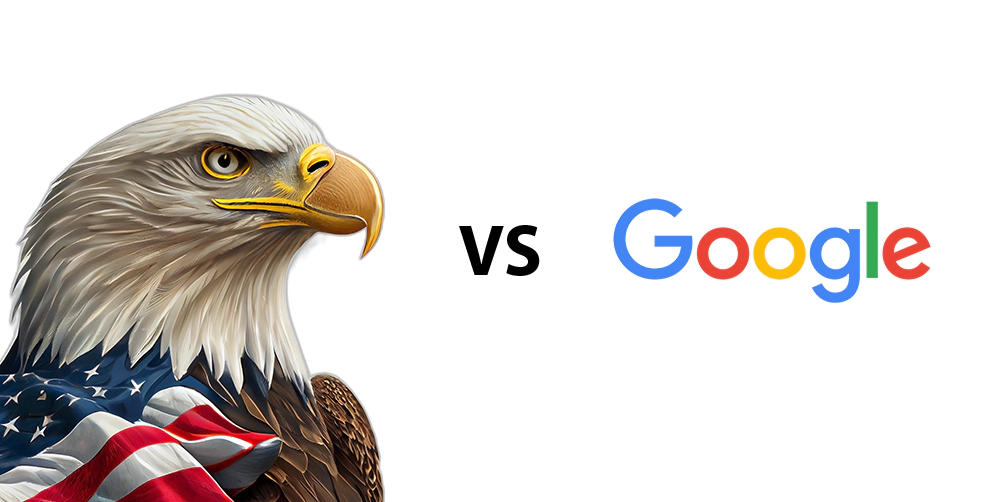A monopoly can be described as a market structure where a single business or company assumes a dominant position in the industry or sector it is in, by discouraging the free-market economy.
This is possible because a monopolistic entity can dictate price and create barriers to prevent rivals from ever interfering with their business. Companies can become monopolies by controlling the entire supply chain, from production to sales through vertical integration, or buying competing companies in the market through horizontal integration, becoming the sole producer
A monopoly essentially stifles competition, and severely limit alternatives.
In the United States, antitrust legislation is in place to restrict monopolies, ensuring that one business cannot control a market and use that control to exploit its customers.
And Google is caught red handed, according to a massive antitrust lawsuit: U.S. versus Google.

In an ongoing lawsuit, the U.S. Department of Justice alleges that Google has illegally abused its dominance in the online search market by paying other companies to make Google the default search engine on their devices, and by requiring its search engine to be bundled with its Android software for smartphones.
DuckDuckGo founder and CEO, Gabriel Weinberg, said that Google is able to dominate because switching to search engines other than Google is way harder than it should.
CEO of Microsoft, Satya Nadella, who nodded that Google did a good job with Chrome, said that the internet is really just the Google web.
Google for its part, denied all allegations, arguing that it faces significant competition from other search engines.
The thing is, Google is paying money to be on top.
The company pays $26.3 billion per year to set its search engine as the default in browsers and mobile devices.
In its defense, Sundar Pichai, the CEO of both Google and it parent company, Alphabet, this is how things go.
Google isn’t evil; it's business.
According to the executive, those default placements can be "very valuable."
Read: U.S. Versus Google: Apple Could Have Bought Bing, If It Wasn't Because Of Google

When Pichai testified about Google’s deal with Apple, he said that:
"So there is clear value in that and that’s what we were looking for."
When "done correctly," Pichai testified, these deals "can make a difference."
As for the Apple deal, Pichai said that it "makes it very, very seamless and easy" for Safari users to use Google's services."
"We know that making it the default will lead to increased usage of our products and services, particularly Google search in this case," Pichai said. "So, there is clear value in that and that’s what we were looking for."
Pichai testified that Google understood the value of this kind of deal, because the company "realized early on that browsers are critical to how people are able to navigate and use the web."
So naturally, Google expected that by becoming the default search engine would keep users engaged, and in the argument, this should be a win-win for all parties.
"It became very clear early on that if you make the user’s experience better, they would use the web more, they would enjoy using the web more, and they would search more in Google as well," Pichai testified.
"We're paying for defaults."

Apple may not be a direct rival to Google. But some of its businesses do revolve in the same industry, and that some of its interests resonate Google's.
But unlike other 'smaller' companies, Apple is a titan, and if not addressed correctly, Apple can be a real threat.
Pichai said he had been worried that Apple would make it more difficult to use Google’s search on its devices, and because of that, he believed Google had to pay ig money to make sure that wouldn’t happen.
"Given that Apple designs the experience, it wasn’t clear how they would change the experience if the financial incentive wasn’t there," Pichai said.
The search engine business is a fast-changing one, and products that provide services there are complicated products.
He made the case that Search, Android, and Chrome are not only good products, but are good for the internet as a whole because they’re open-source products that make people use the web more.
"People use Android to build smartphones at prices as low as $30," Pichai said, "and it’s what has helped bring hundreds of millions of people online."
The Google version of this case is simple.
Pichai, on behalf of Alphabet, argues that Google Search is a good product, and that it's only there to make the internet accessible to billions of people around the world.